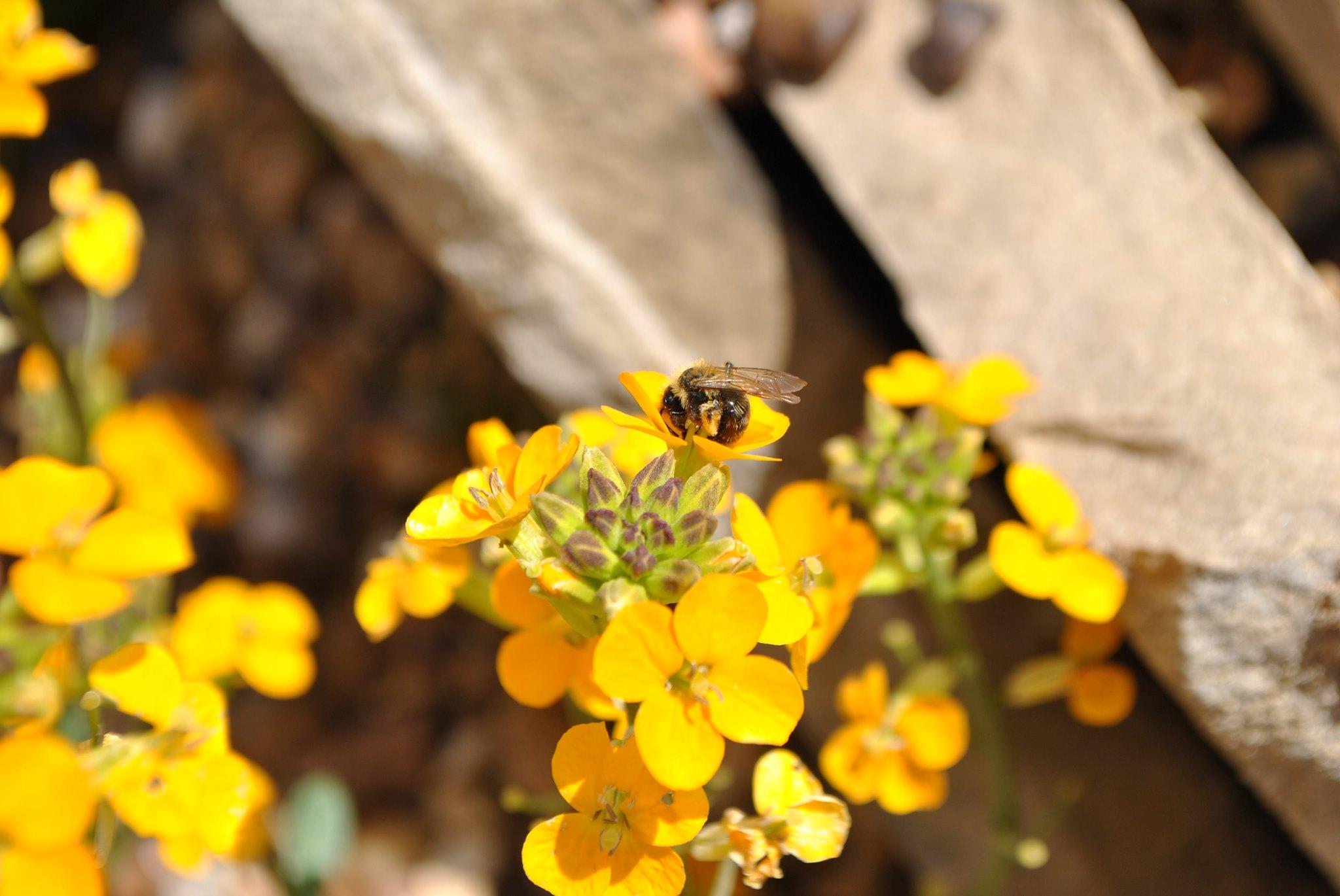
The UK's leading organic growing charity and owners of the Heritage Seed Library.
Dedicated to promoting organic gardening in homes communities and schools, and advancing organic growing through research, we use innovation & inspiration to get more people growing organically.